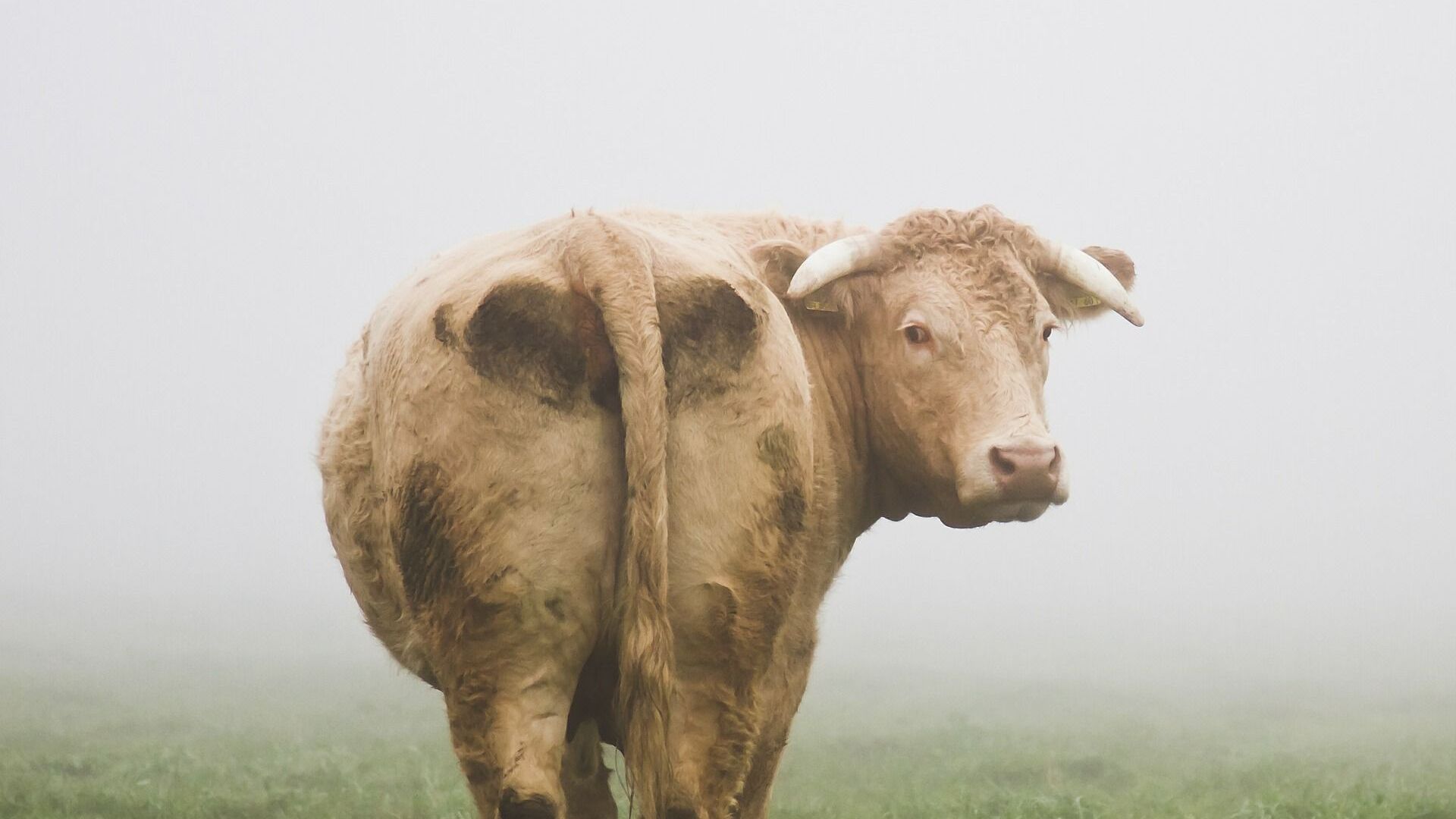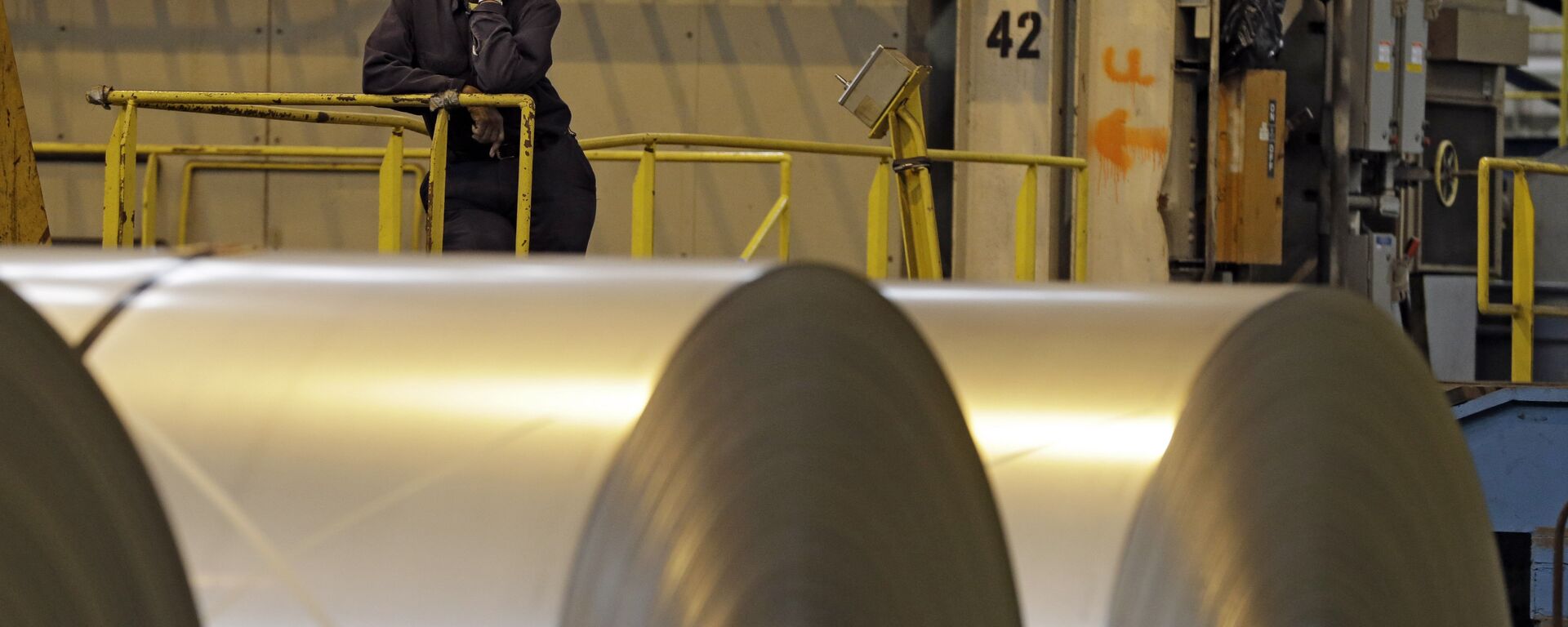New Zealand Unveils Plan to Tax Livestock Emissions, Yes, That Means Burps and Farts
Subscribe
Cows, sheep and other livestock in New Zealand will have to start watching their diets. The country’s prime minister Jacinda Arden confirmed at a press conference on Tuesday that in order to combat climate change, her government will push ahead on a tax bill that will make farmers pay for their livestock’s emissions.
The push to tax livestock emissions may seem odd. For instance, transportation is what generates the largest amount of greenhouse gas emissions in the United States, according to the Environmental Protection Agency. Electric power in the U.S. is the second biggest contributor to greenhouse gas emissions, followed by industry.
“This is an important step forward in New Zealand’s transition to a low emissions future and delivers on our promise to price agriculture emissions from 2025,” said Arden. “No other country in the world has yet developed a system for pricing and reducing agricultural emissions, so our farmers are set to benefit from being first movers."
The bill—which was first introduced in part back in May—is proposed to come into force in the year 2025. A consultation on the bill was launched this week and will continue to work until November 18 to address details of the proposal including levies, transition assistance and sequestration.
New Zealand is a major livestock and meat producer, with meat being their second largest export, generating the country about $10 billion in revenue in 2021, according to the Meat Industry Association (MIA). Agriculture accounts for half of New Zealand’s total emissions, with 94% of their nitrous oxide emissions and about 91% of their biogenic methane emissions coming from the sector, according to the country’s Ministry for the Environment.
The proposal is in step with the New Zealand government's goal of cutting biogenic methane emissions from somewhere between 24% and 47% by the year 2050. Taxing the country’s 10 million cattle and 26 million sheep may be the key to doing just that.
“By rewarding farmers who take action to cut their emissions we can support more farmers to improve their productivity and profitability while achieving climate goals,” said Agricultural Minister Damien O’Connor on Tuesday.
But while the proposal to tax cattle emissions promises to recycle tax revenue back into the agriculture sector “through new technology, research and incentive payments to farmers,” the Federated Farmers of New Zealand was infuriated by the proposal, calling it “gut-wrenching.”
“We didn’t sign up for this. It’s gut-wrenching to think we now have this proposal from the government, which rips the heart out of the work we did. Out of the families who farm this land,” said Andrew Hoggard, the president of Federated Farmers. “Our plan was to keep farmers farming. Now they’ll be selling up so fast you won’t even hear the dogs barking on the back of the ute as they drive off.”
Andrew Morrison, the chairman of Beef+Lamb New Zealand also expressed concern, and even disapproval, regarding the proposal.
“We need to further analyze these changes carefully, but one area of immediate concern is the proposed changes to sequestration, which is of real importance to sheep and beef farmers,” said Morrison. “We know we have a role to play in addressing climate change and our farmers are among the first to feel the effects of it.”
“However, if farmers are to face a price for their agricultural emissions from 2025, it is vital they get proper recognition for the genuine sequestration happening on their farms,” Morrison added.
In an email to farmers, both Morrison and Sam McIvor, the CEO of Beef+Lamb New Zealand, seemed to fully reject the government’s proposal.
“New Zealand is the first country in the world to look to put a price on agricultural emissions,” the email read. “While we recognize our role in reducing emissions, we are one of the most carbon efficient producers in the world and we will not accept a system that disproportionately puts our farmers and communities at risk.”



